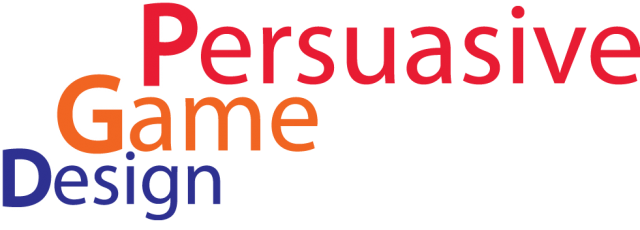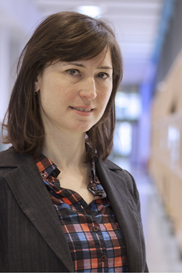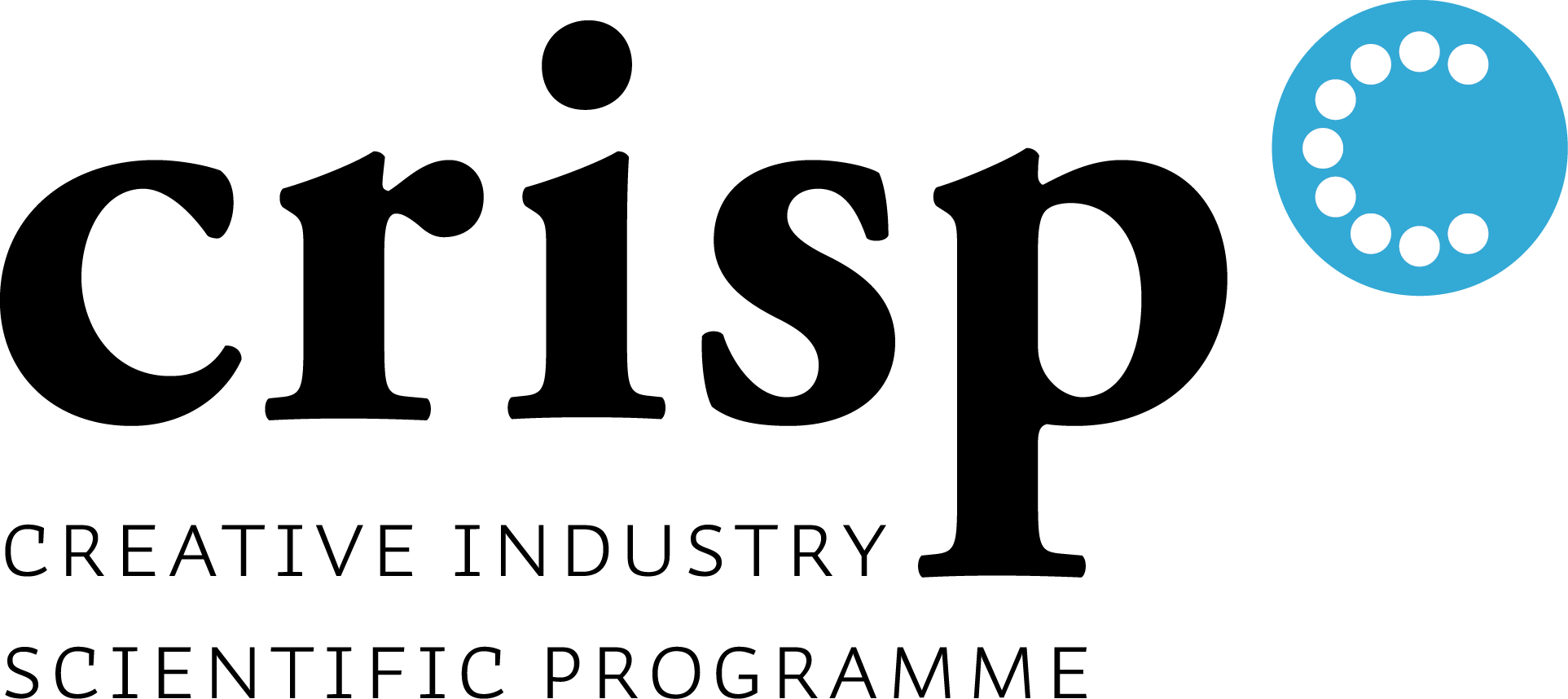I work with game forms as part of innovation processes in corporate and societal contexts. In this work I actively explore future interactions with stakeholders. My research interests include role-playing, experience prototyping and meaning attribution in use. I explore these as part of research projects such as the design for usability project and a master elective course that I run together with Ingrid Mulder and Gert Pasman called Prototyping for Interaction and Participation (PIP). My research focuses on enabling non-designers to design their own future interactions. This is a new direction for design: it acts as facilitation. Besides creating solutions, designers now design adaptable real life situations as well as provocations. In this work I draw inspiration from Scandinavian participatory design. For example, this involves using props to gain insights into the ways people interact with their current and future real world. Often, these activities take the form of participatory sessions with stakeholders. In the elective course and elsewhere I teach designers to set up such sessions. I am also interested in the way stakeholders – including the designers who set up such sessions – interpret their own activities. Mediation theory is useful in creating a structure for people’s interpretation of their activities, because it theorizes about different relations people have with objects. This makes it possible to enable design teams or non-designer stakeholders to reflect on their own present interactions by actively experiencing them. They can then step into a different mode of analyzing and critiquing their interactions. Stepping again into an active mode, they can create new interactions and insights. I apply the study and design of participatory game forms particularly to the domains of health and urban environments.
text by Malgorzata Pawlak



